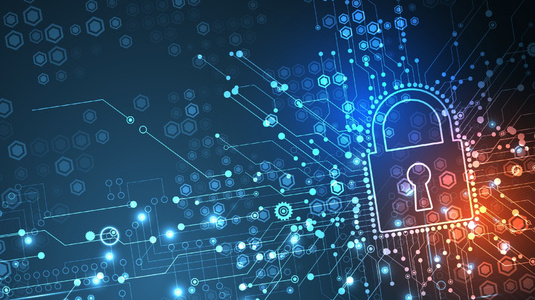Digital dependency and the societal need for Digital Trust (Guest blog by BSI)
Over the last two decades, an increasing reliance on digital systems has drastically altered how societies around the world behave and function. In recent times, this trend has been accentuated by the COVID-19 pandemic, during which many industries have undergone accelerated digital transformations, employees have shifted to remote or hybrid working models, and platforms, systems and devices facilitating this change have multiplied. Whilst the migration of society to this new digital world shows no signs of relenting, the threat of cybercrime looms larger than ever, consistently costing businesses around the world tens, or even hundreds, of millions of dollars.
The current landscape
At BSI, we are committed to working with both organizations and societies towards great cyber resilience and, ultimately, instilling Digital Trust. We partner with over 77,500 customers in 195 countries and establish digital trust with their employees, customers, shareholders, and communities. We help organizations to achieve a state of enhanced and sustainable digital trust through our integrated portfolio of products and services and therefore can see firsthand how cybersecurity threats are growing in frequency and sophistication. For example, as reported in the World Economic Forum Global Risks Report 2022 [1], as the global society dealt with COVID-19, malware attacks tripled, and ransomware attacks quadrupled.
The negative implications are not limited to organizational impacts such as financial loss and brand reputation. Such incidents can also cause damage to transport infrastructure, information and communication systems, social cohesion and individual mental health can be put in jeopardy. These major cyber-attacks are now outpacing organizations and societies’ ability to effectively prevent or respond to them, in truth organizations are having to sprint to stand still in the face of this tsunami of cybercrime. The situation is becoming exasperated by several factors including more sophisticated means of attack, a distinct lack of cybersecurity professionals to fill demand and more opportunities for entry for malicious attacks.
The need for digital trust
Within today’s deeply connected world, digital trust is the currency that drives future innovation and success. Newfound risks including misinformation, digital deception, and a blurring of the lines between personal and digital safety are now threatening societal trust in digital systems and technologies. In order to operate safely and efficiently in this new digital realm, societies, organizations, and those who lead them must adapt. Elevating the impact of cyber threats and risk within the boardroom and educating leaders on digital trust is pivotal to strengthening cyber-resilience in all arenas. Likewise, reliable systems and technologies represent the foundations upon which a fair and cohesive society is built and elevated. Unless all facets of society congregate to improve societal digital trust through informed and determined trust-building initiatives, this new digital world will continue a divisive and potentially permanently fractured path. Should that be the case the promised land, visible through one of the most dynamic eras of human progress may be lost.
Given today’s cyber threat landscape and the emergence of new technologies, it is imperative therefore that organizations have the correct protocols, policies, and procedures in place to keep their information safe, data secure, infrastructure robust and ultimately, make them resilient to help promote and sustain a prosperous digital UK.
How can digital trust help you?
Sources: [1] https://www.weforum.org/reports/global-risks-report-2022
Original source: https://www.bsigroup.com/en-GB/blog/Digital-trust-blog/2022/digital-dependency-and-the-public-need-for-digital-trust/
Help to shape and govern the work of techUK’s Cyber Security Programme
Did you know that nominations are now open* for techUK’s Cyber Management Committee? We’re looking for senior representatives from cyber security companies across the UK to help lead the work of our Cyber Security Programme over the next two years. Find out more and how to nominate yourself/a colleagues here.
*Deadline to submit nomination forms is 17:00 on Tuesday 18 October.
Upcoming events
Get involved
All techUK's work is led by our members - keep in touch or get involved by joining one of the groups below.





